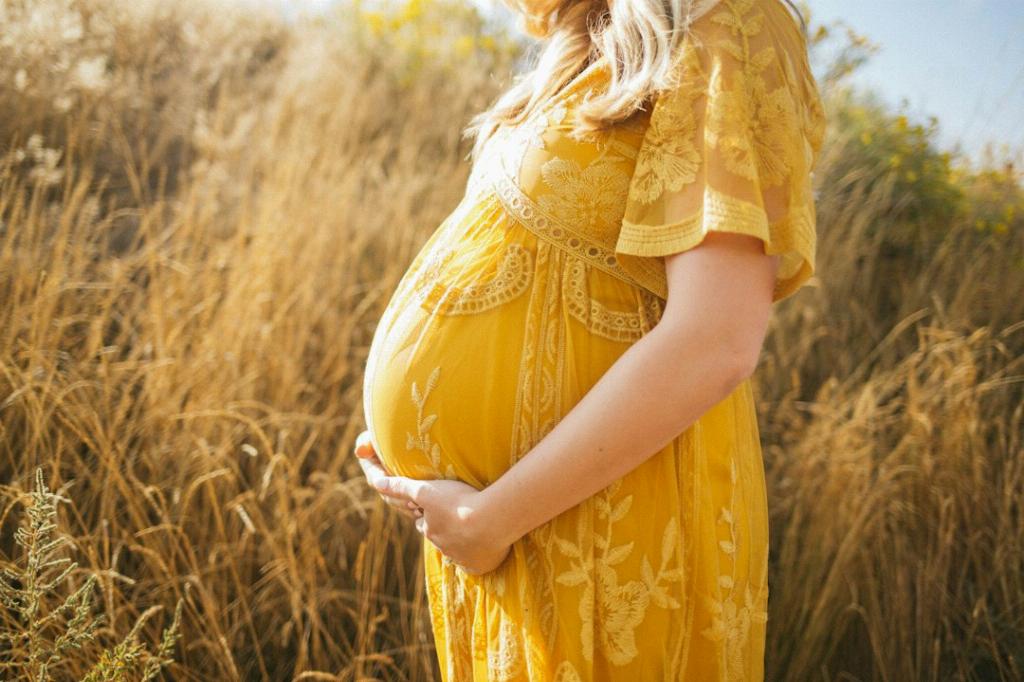When it comes to consuming caffeine during pregnancy, it’s crucial to consider the recommendations provided by reputable sources such as the American College of Obstetricians and Gynecologists (ACOG). According to the ACOG, pregnant women are advised to limit their caffeine intake to less than 200 mg per day, which is approximately equivalent to two six-ounce cups of coffee. This guideline is based on extensive research and is aimed at ensuring the well-being of both the mother and the developing fetus.
While the ACOG’s recommendation is clear in terms of the daily caffeine limit for expectant mothers, the question arises: Is 300 mg of caffeine too much during pregnancy? It’s essential to address this concern by delving into the potential risks associated with exceeding the recommended caffeine intake.
Excessive consumption of caffeine during pregnancy has been linked to various adverse outcomes, including low birth weight, preterm birth, and even pregnancy loss. Therefore, it is crucial for pregnant women to be mindful of their caffeine consumption and adhere to the guidelines provided by healthcare professionals.
It’s important to note that caffeine is a stimulant that can cross the placenta and reach the developing fetus. As a result, high levels of caffeine in the maternal bloodstream can impact the baby’s heart rate, metabolism, and overall development. This underscores the significance of moderation when it comes to caffeine intake during pregnancy.
While some studies have suggested that moderate caffeine consumption may not pose significant risks to pregnancy outcomes, it’s essential for expectant mothers to err on the side of caution and follow the established guidelines. This is particularly important considering the variability in individual responses to caffeine and the potential for adverse effects in certain cases.
Exceeding the recommended caffeine limit of 200 mg per day, such as consuming 300 mg of caffeine or more, can increase the likelihood of negative consequences for both the mother and the baby. These may include disrupted sleep patterns, elevated heart rate, and increased risk of complications during pregnancy.
Moreover, it’s worth emphasizing that caffeine is not only found in coffee but also in other sources such as tea, soft drinks, and certain medications. Pregnant women should be mindful of their overall caffeine intake from various sources to ensure they stay within the recommended limits.
Given the potential risks associated with excessive caffeine consumption during pregnancy, it is advisable for expectant mothers to consult with their healthcare providers regarding their caffeine intake. Healthcare professionals can offer personalized recommendations based on individual health status and provide guidance on making informed choices for a healthy pregnancy.
Ultimately, the decision regarding caffeine consumption during pregnancy should prioritize the well-being of both the mother and the developing baby. By staying informed, seeking guidance from healthcare providers, and being mindful of the recommended limits, pregnant women can take proactive steps to promote a healthy pregnancy and positive outcomes.
In conclusion, while the specific threshold for caffeine intake during pregnancy may vary for each individual, aiming to stay below the ACOG’s guideline of 200 mg per day is a prudent approach to minimize potential risks. By being attentive to their caffeine consumption and prioritizing the health of themselves and their baby, expectant mothers can navigate this aspect of pregnancy with confidence and care.

